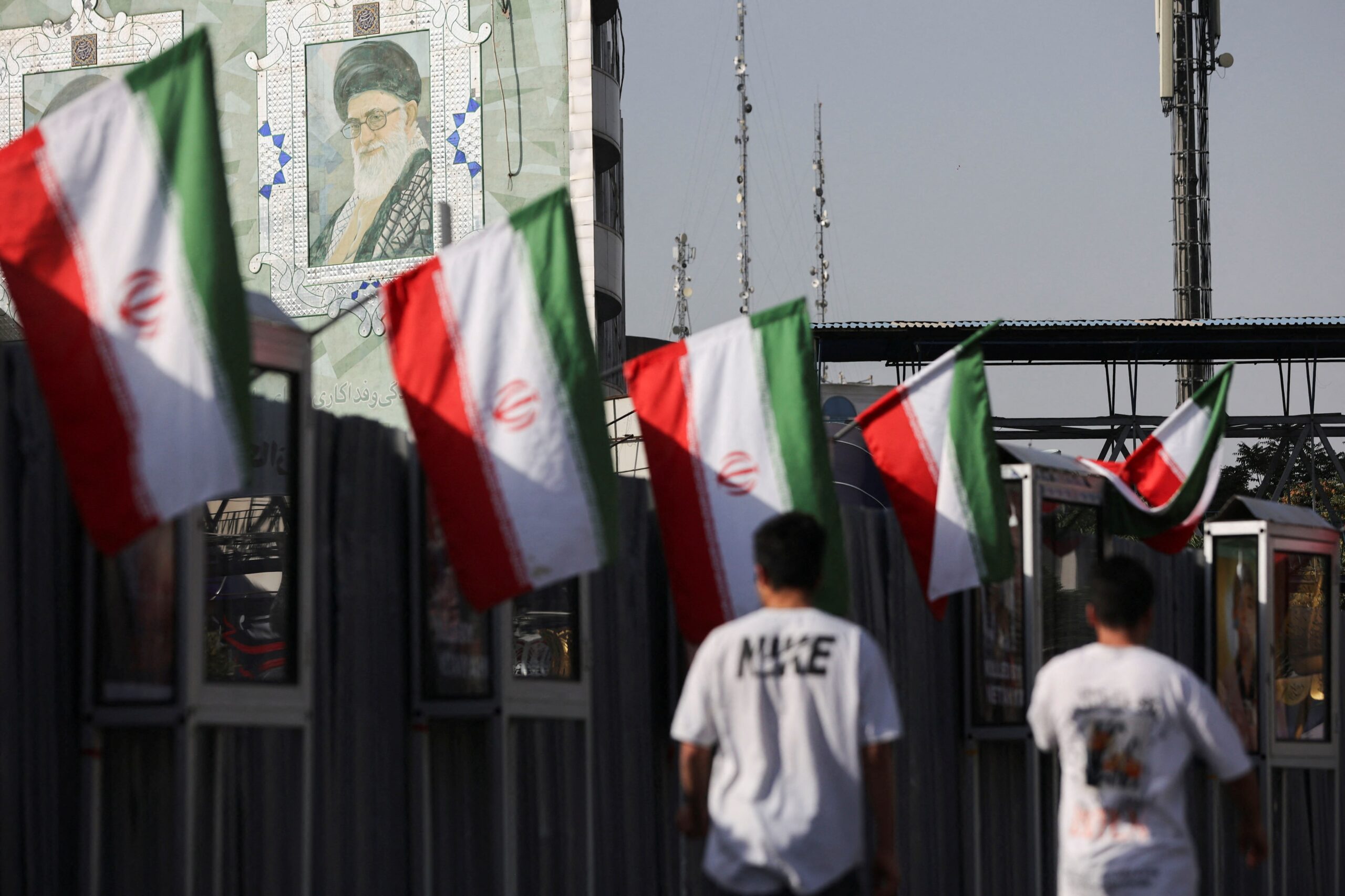Shift in Power: Iran’s Hardliners Gain Ground Post the ’12-Day War’
Recent setbacks experienced by Iran in military confrontations have emboldened a faction of hardliners unwavering in their pursuit of nuclear advancement. The aftermath of wars is often a time of recalibration and reassessment, especially for the defeated. Iran’s recent ’12-Day War’ with Israel and the U.S. was not a societal upheaval like the Iran-Iraq War that unfolded from 1980 to 1988. That eight-year battle claimed countless lives and almost broke the backbone of the Islamic Revolutionary Guard Corps, a key stronghold of theocratic governance in Iran.
However, the Iran-Iraq War also served as a crucible in which Iran moulded institutions required for the endurance of its revolution. Conversely, the ’12-Day War’ has eroded the influence of these institutions’ leadership, signalling a changing of the guard that bodes ill for the U.S. and Israel. The current regime’s identity stems largely from its struggle against these two countries. Supreme Leader Ali Khamenei and his followers may publicly proclaim victory from the ’12-Day War’, yet their private sentiment is likely tinged with embarrassment, not pride.
The defeat has put a dent in the credibility of the supreme leader. Consequently, the vacuum of power created is likely to be filled by a crop of upcoming, unyielding ideologues, particularly those Revolutionary Guard officers who made their mark during the Syrian rebellion a decade prior. This is an unwelcome headline for Israel and the U.S.: these individuals are less likely to budge on the issue of Iran’s nuclear plans. A further troubling implication is our limited knowledge about these figures.
In the period of the Islamic Revolution during 1978-79, figures like Ayatollah Ruhollah Khomeini and his top aides were no mystery to experts on Iran. Their objectives and drives were overt. These revolutionary groundbreakers wrote books, gave speeches, and allowed commentaries to be made on their intellectual maturation as they aged. However, those poised to seize power today are largely an unknown quantity.
The upcoming cadre of power brokers has a significantly smaller paper trail. They don’t see much value in explaining their motivations and actions, both to their fellow Iranians and to the global community. They come from extremist groups such as the Paydari Front and the second-tier echelons of the Revolutionary Guards. Their ideological guidance comes from figures like Saeed Jalili, a once nuclear negotiator, known for his religious fanaticism and aversion to compromise.
These up-and-coming leaders hold positions in the security services, occupy roles within the parliament, and oversee their own educational organizations. Under their stewardship, a parallel government and ideological sphere have emerged quietly, yet powerfully. The supreme leader’s diminishing authority has created an opportunity for these radical factions to rise.
Supposing Khamenei had followed the advice of certain Revolutionary Guard factions to test a nuclear weapon, Iran might have deterred potential foreign invasions. Instead, the ageing cleric now faces backlash from discontented military veterans. However strong the regime’s nationalistic messages, it seems unlikely they will regain the public’s confidence. The image of spiritual leaders and their enforcement arms no longer resonates with the public’s sense of national identity or religious faith.
The state’s response to the ‘Women, Life, Freedom’ movement in 2023 was the latest dip in a continuous downward trend of public opinion. The brutal measures employed by the regime against dissenting female citizens has severed whatever remaining ties there were between society and the establishment. Even aerial assaults by Israel and the U.S. won’t fulfill the regime’s hopes of rallying public support.
A key aspect defining the rising generation of Revolutionary Guards is the brutality they have displayed towards their fellow Iranians. Aside from this, their focus lies in two main areas: the development of nuclear weapons and the subsequent proxy wars initiated by their fallen leader, Qassem Soleimani. Israel’s aggressive campaign against these Iran-backed proxies since October 7, 2023, has seriously injured, perhaps irrevocably, Soleimani’s proxy-backed ‘axis of resistance’ against Israel and the U.S.
Despite these setbacks, the ambition for nuclear weaponry remains untouched. However, the future strategy for achieving it will likely differ. Constructing sizable enrichment plants such as Natanz or seeking shelter for nuclear assets in mountains will probably be abandoned, given the superior aerial surveillance capabilities of the U.S. and Israel and the extensive time it takes to build such facilities.
The regime might shift its approach to smaller surface facilities that are more easily disguised and guarded against espionage. In line with this pivot, the mullahs have launched a nationwide purge to rid their administration of foreign spies. While these forceful counterintelligence efforts might initially hinder nuclear development, they could eventually facilitate a covert nuclear program that neither Jerusalem nor Washington can obstruct.
As a result, a fierce intelligence war is underway between Iran and Israel. The Cold War saw Western and Soviet intelligence agencies in constant conflict, but the outcome rarely dictated their fate. The concept of mutually assured destruction offered some wiggle room and a sense of reassurance. However, Israel is skeptical about the efficacy of this deterrence strategy when dealing with Iran’s religiously zealous regime.
One crucial question remains: Will enough Iranians in key positions be willing to risk everything – their lives and those of their families – to prevent the mullahs and Revolutionary Guards from obtaining nuclear weapons? Even if Israel has managed to infiltrate Iranian official communications, this is still the most pressing issue facing Mossad, Israel’s intelligence agency.
A secondary concern is whether Israel can gather adequate knowledge about radical anti-Zionist elements within the new Iranian elite to undermine or compromise them. The bottom line is that learning their residential addresses, while undoubtedly vital, will be the least complex task in this endeavour.

